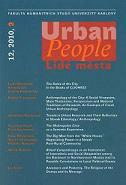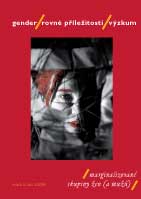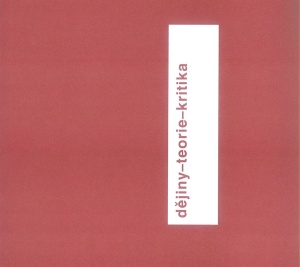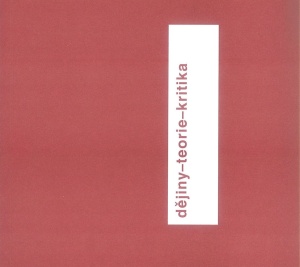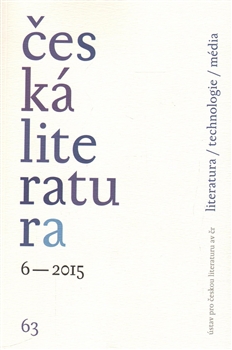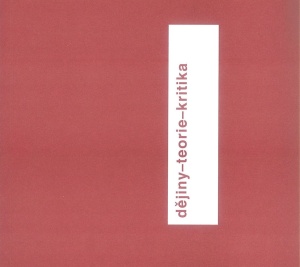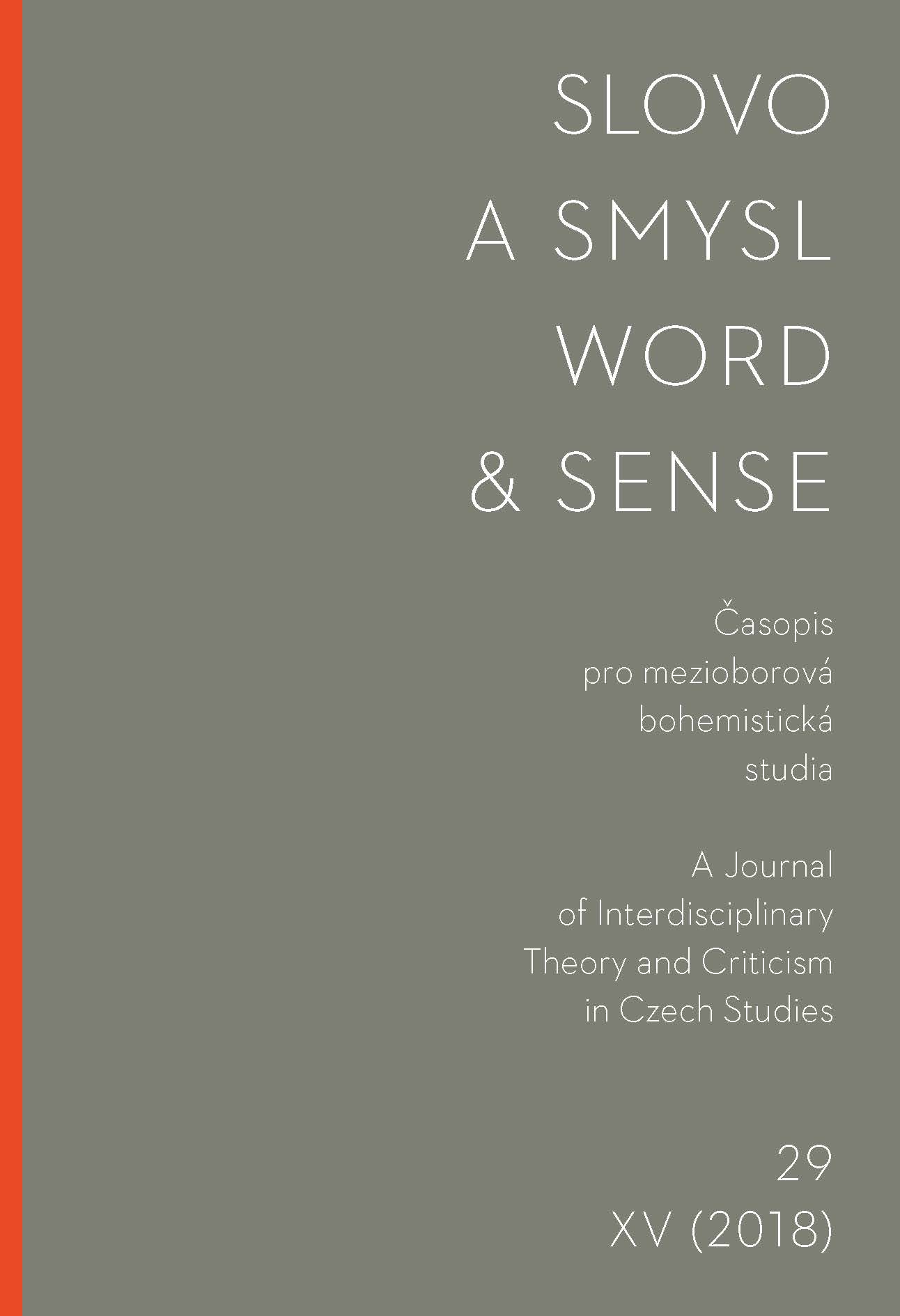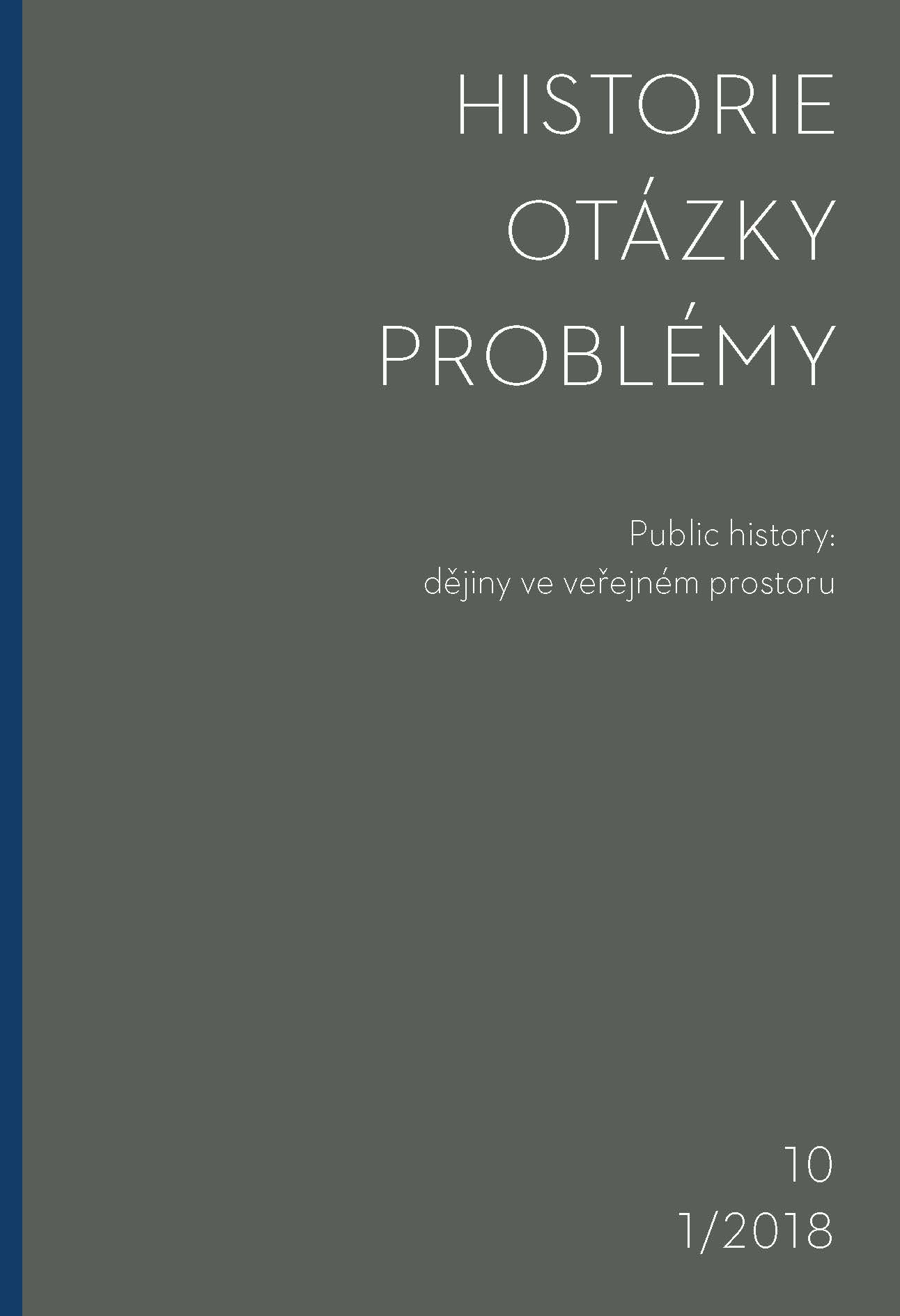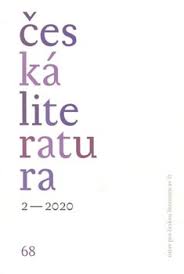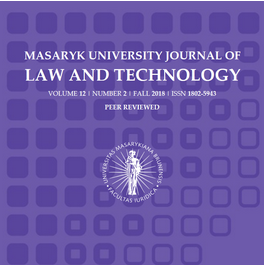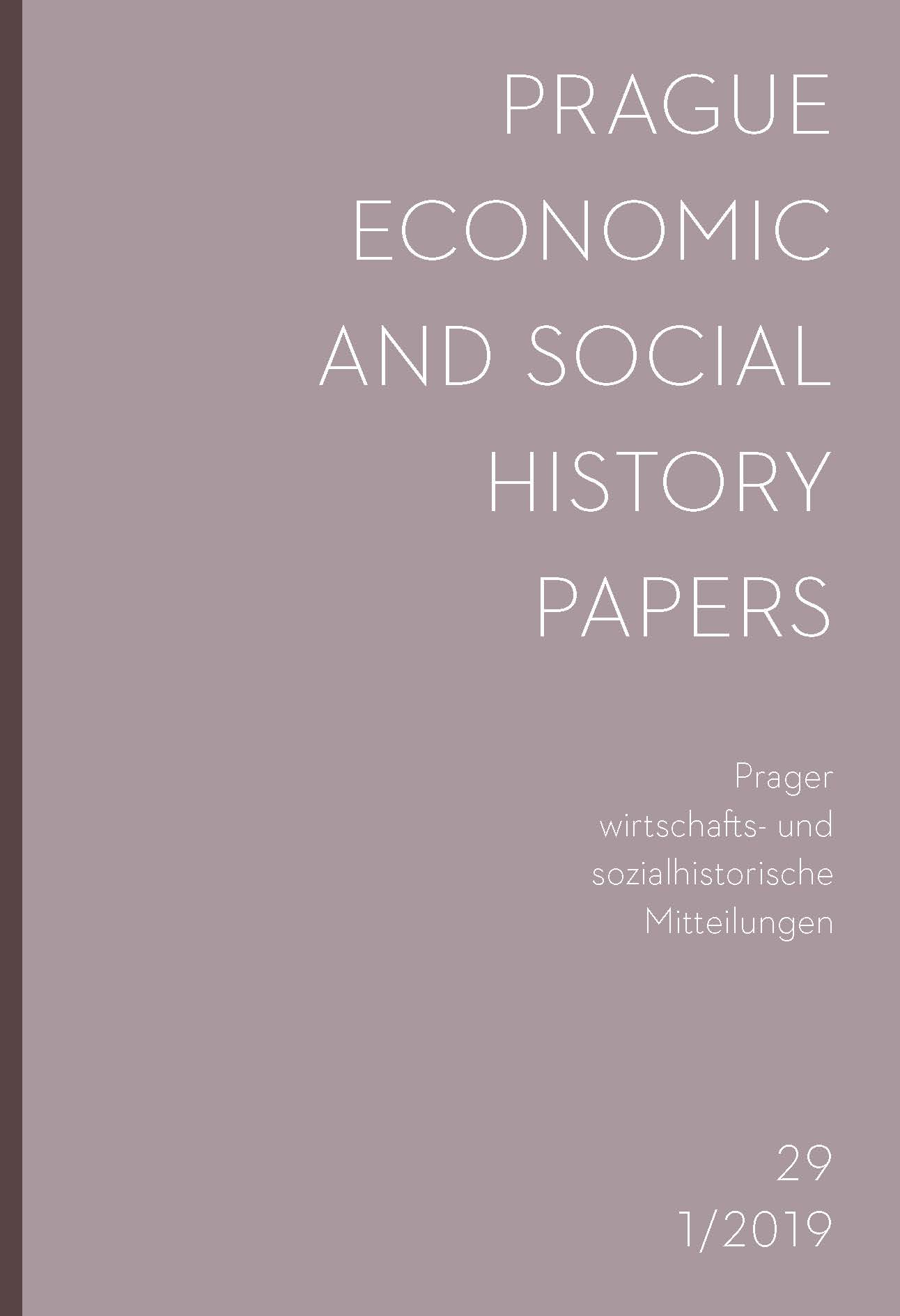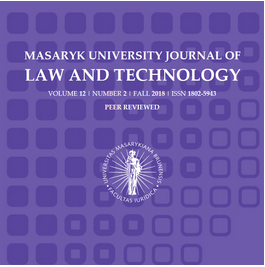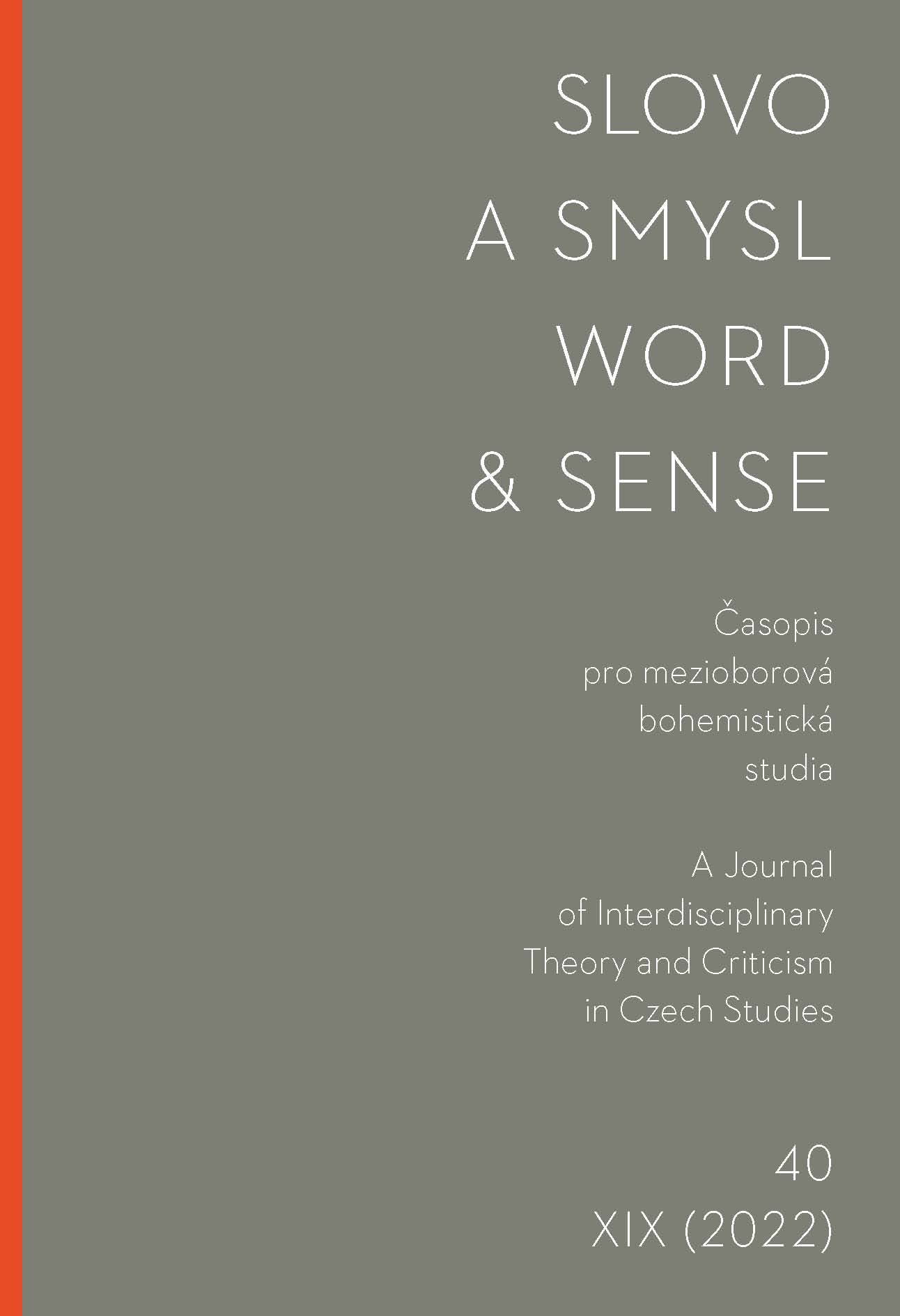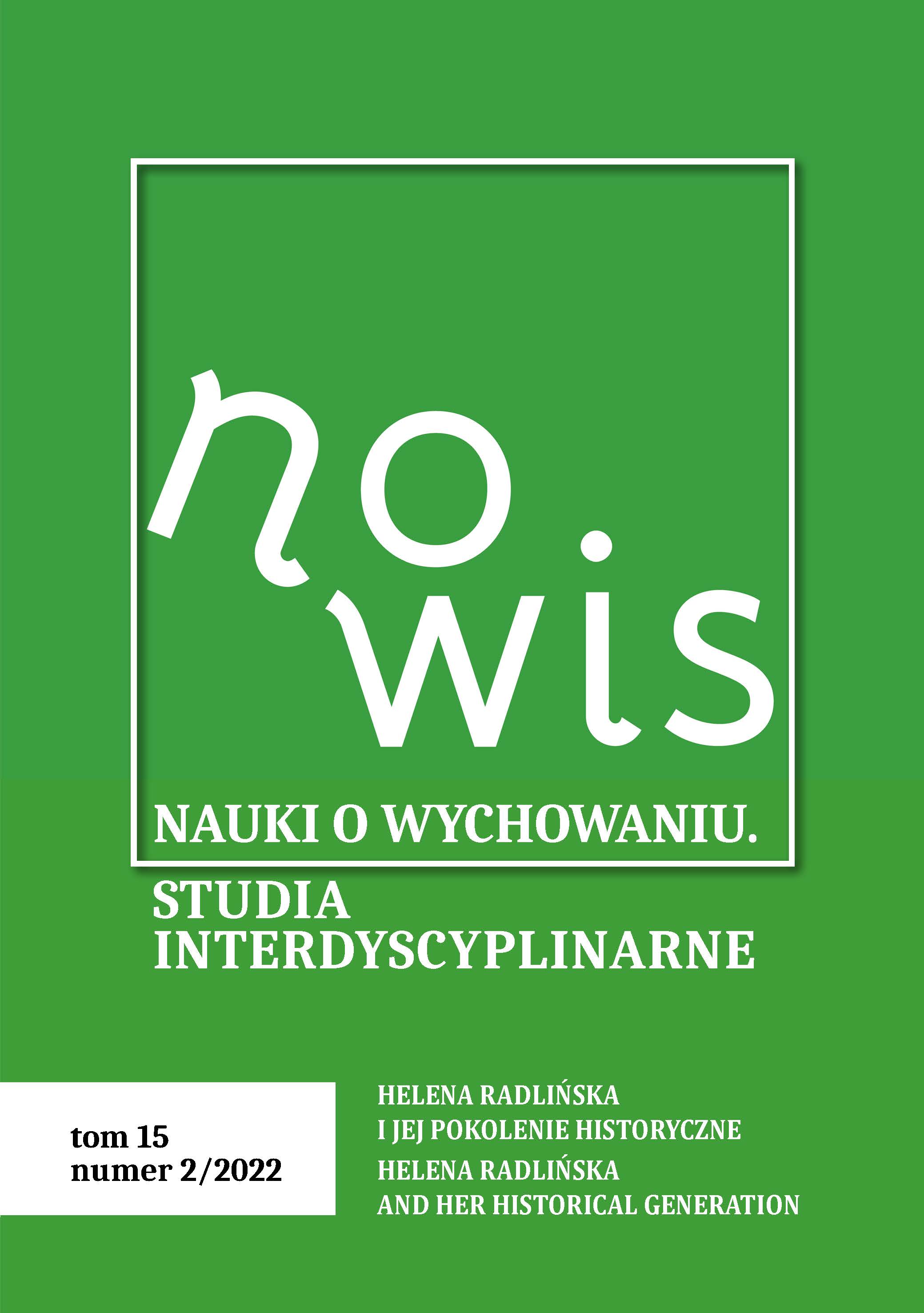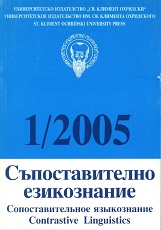Recognition of the Armenian Genocide as an Issue in Political Discourse in Armenia, Turkey and selected EU Countries
Uznání genocidy Arménů jako téma politického diskursu Arménie, Turecka a vybraných zemí EU
Keywords: Genocide Recognition; Armenia; Turkey; Caucasus; European Union
The issue whether to legally recognize the tragic events of 1915 in Eastern Anatolia as a genocide remains a key political issue which drives an edge between Armenia and the Republic of Turkey. Through their European diaspora communities, the issue has also entered the domain of the European Union (EU), becoming even more controversial as Turkey is in the process of hotly contested EU accession talks. The present article uses the instruments of discourse analysis to focus on the current perceptions of the Armenian genocide in the various countries involved, specifically within the EU, Armenia and Turkey, in order to explore the political rationale behind the commitment of various states to recognize or deny the aforementioned historical events as an act of genocide. After providing a brief historical overview of the 1915 events, we analyse internal EU perceptions of the “reality” of the Armenian genocide recognition, primarily in relation to Turkey's accession efforts. We then focus on the domestic discourses in Armenia and Turkey, with the goal of shedding light on the rationale behind both Yerevan's encouragement of genocide recognition and Ankara's unwillingness to recognize the genocide, as well as on the political implications of recognition and denial.
More...
